Descuss the motion of an object under free fall and draw (a) acceleration-time , (b) velocity-time and (c ) position-time graph for this motion .
Step by step video & image solution for Descuss the motion of an object under free fall and draw (a) acceleration-time , (b) velocity-time and (c ) position-time graph for this motion . by Physics experts to help you in doubts & scoring excellent marks in Class 11 exams.
Updated on:21/07/2023Topper's Solved these Questions
- KINEMATICSBOOK - PRADEEPCHAPTER - KINEMATICSEXERCISE - 3 Short answer
37 Videos
- KINEMATICSBOOK - PRADEEPCHAPTER - KINEMATICSEXERCISE - 4 Short answer
30 Videos
- KINEMATICSBOOK - PRADEEPCHAPTER - KINEMATICSEXERCISE - 1 Short answer
25 Videos
- GRAVIATIONBOOK - PRADEEPCHAPTER - GRAVIATIONEXERCISE - Assertion-Reason Type Questions
19 Videos
- LAWS OF MOTIONBOOK - PRADEEPCHAPTER - LAWS OF MOTIONEXERCISE - Assertion- Reason Type Questions
17 Videos
Similar Questions
Knowledge Check
The velocity -time graph for a body with non-uniform motion is a
Astraight lineBstraight line parallel to x-axisCstraight line parallel to y-axisDcurved linePosition-time graph for motion with zero acceleration is
A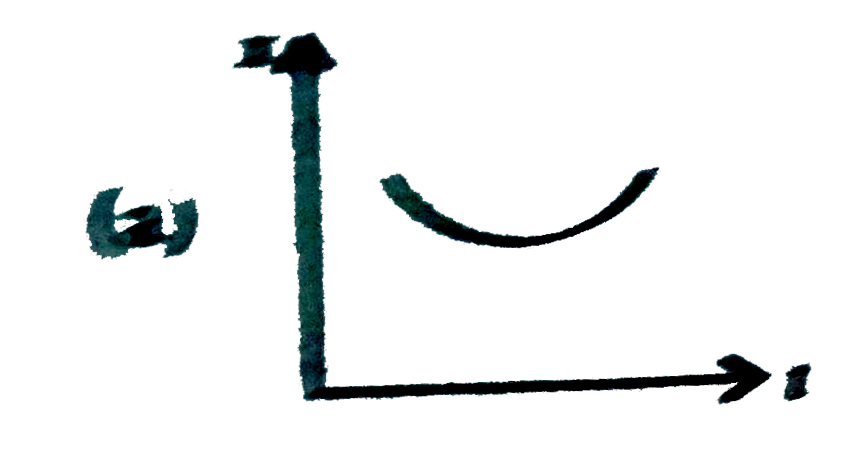 B
B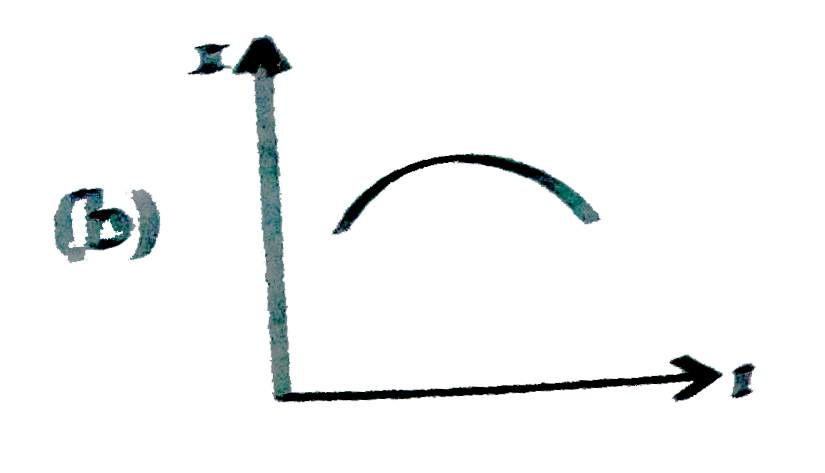 C
C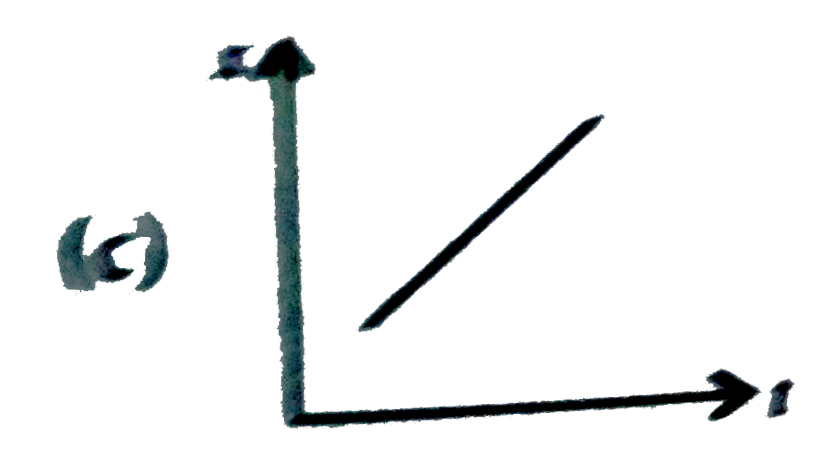 D
D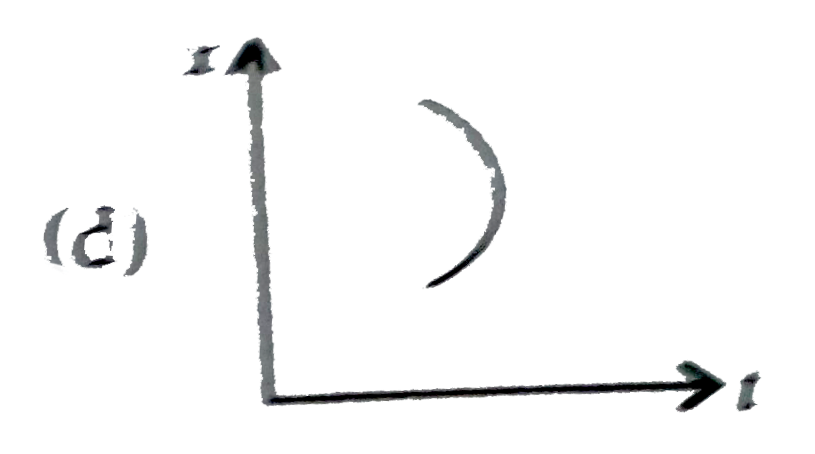
The velocity time graph of the motion of a car is given here.
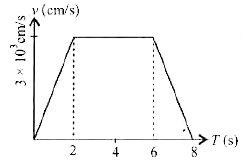 AThe distance travelled by the car in the first six seconds is 150 m.BThe deceleration of the car during the last two seconds are −15ms2.CThe distance travelled by the car in the first six second is 220 m.DThe deceleration of the car during the last two second is −20ms2
AThe distance travelled by the car in the first six seconds is 150 m.BThe deceleration of the car during the last two seconds are −15ms2.CThe distance travelled by the car in the first six second is 220 m.DThe deceleration of the car during the last two second is −20ms2
For an object under free fall, discuss the variation of acceleration with time, velocity with time and position of object with time. Also represent them graphically.
View SolutionDraw position vs time graph of uniform velocity.
View SolutionWrite some uses of velocity-time graph of an object in uniform motion.
View SolutionDiscuss the motion of an object under free fall and draw (a) acceleration-time , (b) velocity-time and (c ) position-time graph for this motion .
View SolutionIf the motion of an object is represented by a straight line parallel to the time axis in a distance-time graph, then the object undergoes
View Solution
